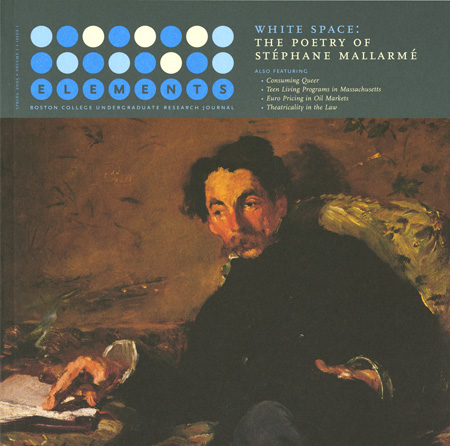Sin, Despair, and the Other: The Works of Soren Kierkegaard
DOI:
https://doi.org/10.6017/eurj.v1i1.8884Keywords:
Spring 2005, humanities, philosophyAbstract
Soren Kierkegaard, the mystic existentialist, questions the role of despairing human life in his celebrated text, The Sickness Unto Death. In a disquitision both persuasive and troubling, he insists that despair, far from being a state of consciousness which should be avoided, is in fact a spiritual mood that brings the individual dialectically closer to the divine. But how can we accept the paradoxes of faith that cause such terrible despair? Our inability to come to terms with the elements of Christianity that Kierkegaard himself calls offensive, such as original sin and God's total authority over man, lead to a pervasive loss of self-consciousness that Kierkegaard sees as the epidemic of modern civilization. Like a physician, Kierkegaard diagnoses our sickness, and his prescription for recovery is paradoxical and provoking.Downloads
Published
2005-04-15
How to Cite
O’Leary, S. M. (2005). Sin, Despair, and the Other: The Works of Soren Kierkegaard. Elements, 1(1). https://doi.org/10.6017/eurj.v1i1.8884
Issue
Section
Articles
License
Copyright (c) 2015 Elements

This work is licensed under a Creative Commons Attribution 4.0 International License.

